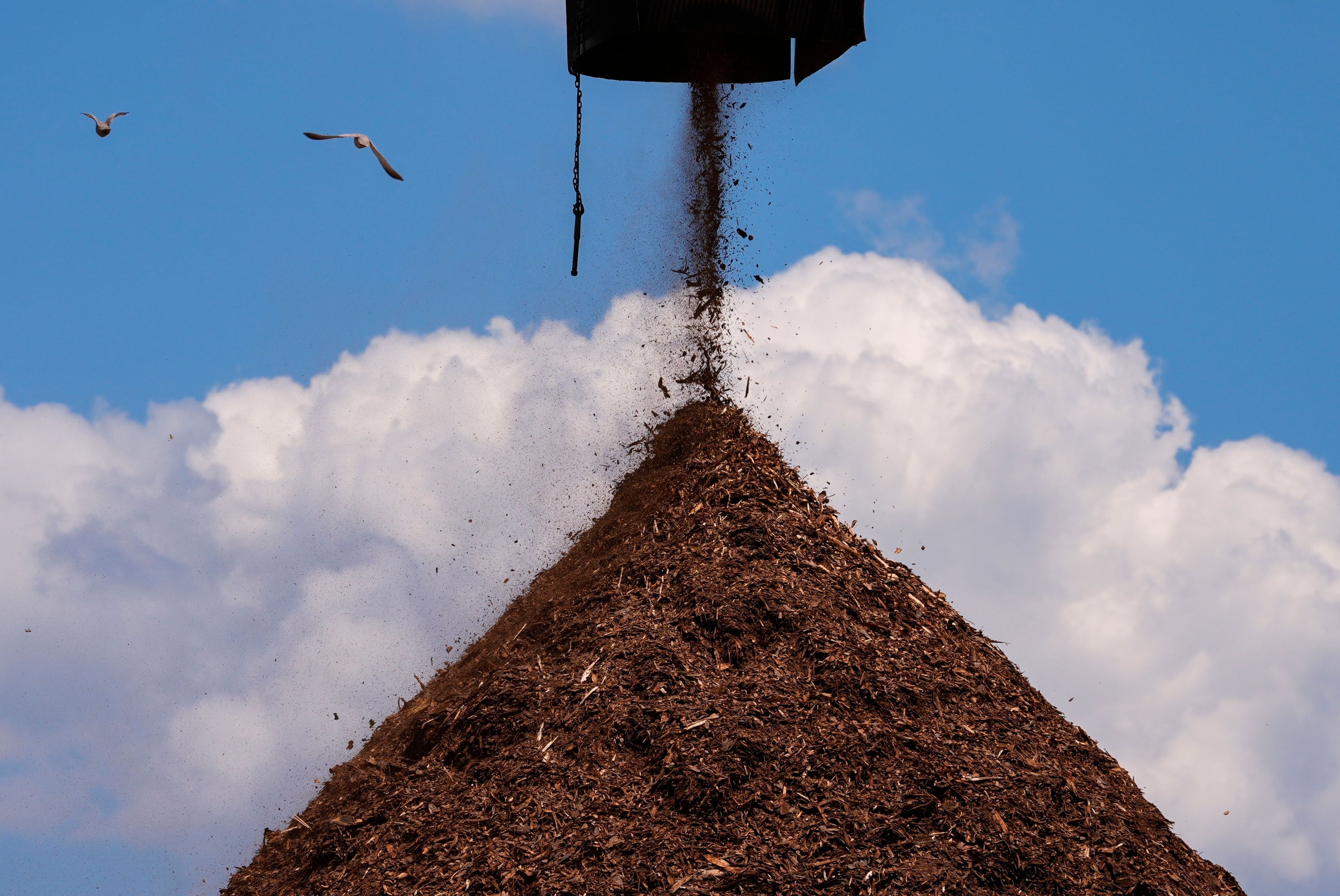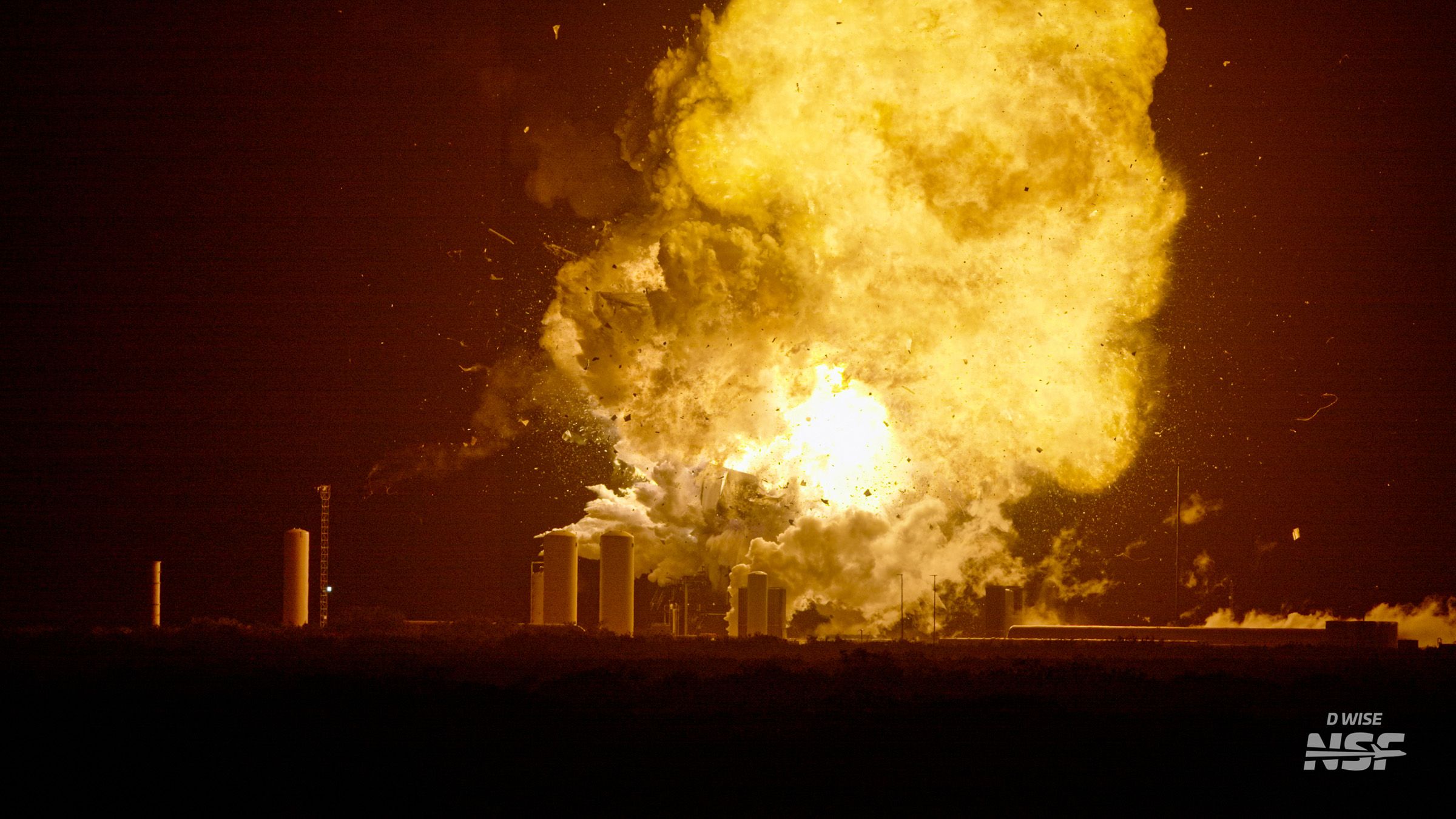Wood Pellet Mills Are Prone to Catching Fire. Why Build Them in California?
Wood Pellet Mills Are Prone to Catching Fire. Why Build Them in California?
Wood pellet mills are industrial facilities that convert raw wood materials into pellets that…

Wood Pellet Mills Are Prone to Catching Fire. Why Build Them in California?
Wood pellet mills are industrial facilities that convert raw wood materials into pellets that can be used as a renewable energy source. However, these mills are known to be prone to catching fire due to the high temperatures and fine wood dust particles that can ignite easily.
Despite this fire risk, California has seen a surge in the construction of wood pellet mills in recent years. This trend has raised concerns among environmentalists and local communities about the potential dangers posed by these facilities.
One of the reasons why wood pellet mills are built in California is the state’s commitment to renewable energy and reducing carbon emissions. Wood pellets are considered a cleaner alternative to fossil fuels, and California’s strict environmental regulations make it an attractive location for these facilities.
Additionally, California has a plentiful supply of wood biomass from forests and agricultural residues, making it a prime location for wood pellet production. This abundant source of raw materials allows for efficient and cost-effective operations.
However, the benefits of wood pellet mills must be weighed against the potential risks of fires and air pollution. In recent years, several wood pellet mills in California have experienced fires, prompting calls for stricter safety measures and regulations.
Environmental groups argue that the benefits of wood pellets are outweighed by the environmental and health risks they pose. Fine wood dust released during the production process can contribute to air pollution and respiratory issues, especially in communities located near these facilities.
As the debate over wood pellet mills in California continues, it is essential for regulators, industry stakeholders, and local communities to work together to address safety concerns and find a balance between renewable energy goals and environmental protection.
In conclusion, while wood pellet mills offer a renewable energy solution, the risks associated with fire hazards and air pollution must be carefully considered when siting these facilities in California.





